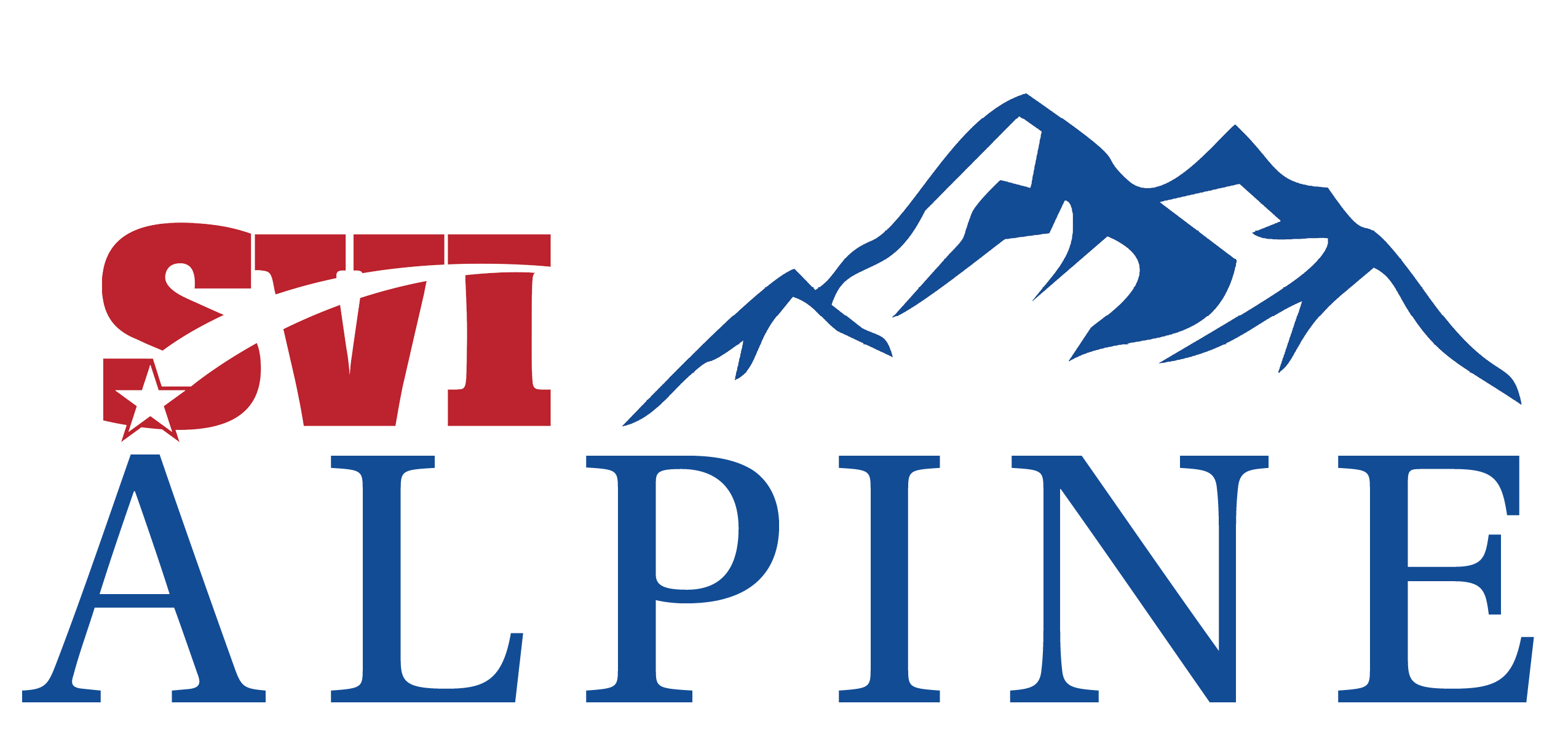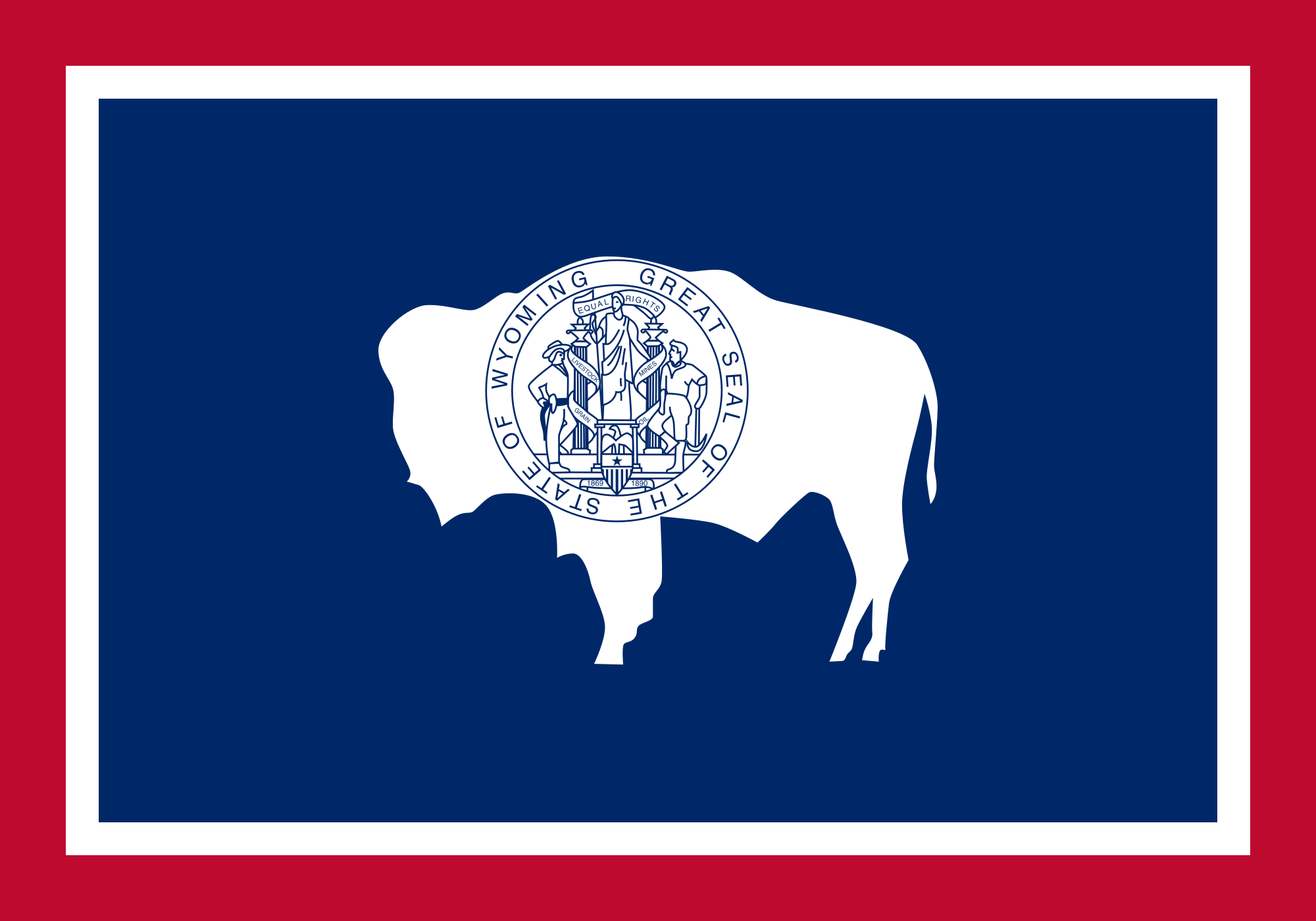Local control over gambling legislation advances
By Wyoming News Exchange
October 17, 2025

Wyoming Downs near Evanston (Photo by Frosty Egly)
By Noah Zahn
Wyoming Tribune Eagle
Via- Wyoming News Exchange
CHEYENNE — The Wyoming Legislature’s Select Committee on Gaming advanced major reforms for pari-mutuel wagering Tuesday, moving forward a bill granting local approval for simulcasting facilities and passing a significantly amended bill that establishes definitive caps on historic horse racing terminals.
The most heavily debated bill, titled “Local Approval for Simulcasting,” passed in a 5-1 vote and was forwarded to Wyoming’s Management Council. The legislation establishes a formal statutory role for cities and towns in approving HHR/simulcasting permits, modeled after the system used for state liquor licenses.
Local governments strongly championed this bill, noting that 44 of the 47 permittees operate within municipal borders, yet cities currently lack formal oversight. Instead, county commissions regulate such gambling locations.
Rep. Steve Johnson, R-Cheyenne, said while speaking to Cheyenne Mayor Patrick Collins that having zoning restrictions in place already would have made local control less of an issue.
Local officials stressed the importance of granting authority beyond mere zoning. Mills Mayor Leah Juarez argued that zoning is a “mapping tool” that regulates location and setbacks but does not provide the “moral or social review process” required for public safety and community character management.
She said zoning regulates where development occurs, not whether it belongs.
“It turns gaming into an automatic right, not a privilege earned through public review, which is essentially erosion of local control,” Juarez said of granting local authority solely through zoning. “So permitting is not a land-use question. It’s about public safety and community character.”
In the amended and approved bill draft, the legislation grants authority to municipalities and counties that hinges on the permit approval process, the imposition of conditions and the power of revocation.
“Bad actors”
A crucial concern addressed by the bill involved the inability of local authorities to revoke permits for facilities that become public safety hazards.
Juarez detailed violent assaults, criminal gang activity, shootings and stabbings in her town following a gambling facility permit change of hands, forcing the city to hinge its regulatory influence solely on the existing liquor license.
In response, the committee adopted an amendment adding language allowing denial or revocation of approval for “good cause,” specifically when “the welfare of the people residing in the vicinity of the proposed license or permit shall be adversely and seriously affected.”
However, the committee voted down an amendment that would have granted new simulcasting applicants a right of appeal if their application was denied by the local authority, maintaining the original language that grants no right of appeal for new permits.
100-mile rule
A highly contentious issue involved the 100-mile rule, which prohibits simulcasting within 100 miles of a live pari-mutuel event during race times unless the live permit holder grants written approval.
The original bill draft repealed this rule, but after significant debate regarding the legislative intent of HHR — which Johnson argued was solely “to improve horse racing,” not to “make more money for the cities and counties and the corporations” — the committee adopted an amendment to reinsert the 100-mile rule.
Operators provided conflicting testimony.
Kyle Ridgeway, president of 307 Horse Racing and Wyoming Downs, testified that enforcing the rule in Gillette did not benefit his track early on but instead harmed the industry by decreasing the breeders’ fund and purse money. Cowboy Racing, the newest market entrant based near Cheyenne, countered that the rule provides necessary geographic protection to support local tracks and ensures gambling revenue supports local purses.
Ultimately, committee members voted to reinstate the 100-mile rule in the bill draft, saying that it won’t hurt to leave it in for now, and lawmakers will have the opportunity to remove it during the budget session in February if they choose to do so.
“It’s not worth the fight; keep the 100 miles in,” said committee co-Chairman Sen. John Kolb, R-Rock Springs. “It doesn’t make any difference, as it’s been testified to, even though it’s old and, frankly, not useful. So, keeping it in to get this piece of legislation through the process is probably a benefit.”
A cap on machines
The second major bill, 26 LSO 0168, initially focused on limiting local control to zoning. Local governments vehemently opposed this position.
The committee chose a different direction, voting to convert it strictly to a caps bill focused solely on limiting the total number of machines statewide.
The original proposal set the machine cap at 1,200 terminals per permitted live flat track.
Operators immediately raised concerns about equity, citing higher existing approvals across the industry.
Nick Larramendy, executive director of the Wyoming Gaming Commission, provided current data showing Wyoming Horse Racing has been approved for 3,004 machines.
The committee ultimately adopted an amendment raising the cap from 1,200 to 3,004 machines per live flat track that conducts 16 race days, ensuring all existing operators were placed on an equal footing.
The final adopted language included a grandfathering provision for existing permits above 3,004, though these excess permits could not be sold or transferred if the business experienced a material change in ownership.
Johnson proposed an amendment aimed to allow the Wyoming Gaming Commission to authorize the leasing of machines between permit holders.
Kolb strongly opposed the proposal, arguing that these licenses are given to benefit the state, not “to be traded as a commodity” and that the amendment would be a “terrible direction to take” by monetizing the licenses. The amendment failed.
The finalized caps bill, as amended, passed on a 4-2 vote.
Moratorium fails, skills-based gambling advances
The committee rejected a moratorium bill, which proposed a three-year prohibition on issuing new simulcasting permits and terminal increases.
However, the committee recognized the rising prevalence of gambling not covered by pari-mutuel law. Members adopted an amendment to the moratorium draft to include skills-based gambling in establishments like truck stops or licensed premises selling alcohol.
Following the moratorium bill’s failure, the committee voted to adopt this conceptual amendment as a stand-alone legislative directive, advancing the issue of skills-based gambling to the Management Council.
Kolb encapsulated the challenge facing the committee throughout the legislative discussions, noting: “We’re already trying to work on an airplane while we’re flying it.”

